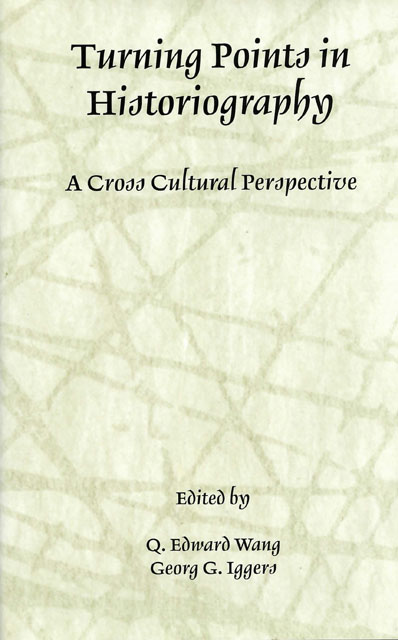Book contents
9 - National Histories and World Systems: Writing Japan, France, and the United States
Published online by Cambridge University Press: 29 February 2024
Summary
Cultural historians typically term the late nineteenth century the age of nationalism. Historians of historiography, when they have been sensitive to the eras in which historical works have been produced, no less typically see the efflorescence of “national history” during this period as a reflection of the nationalistic climate of the age. In such a view, the writing of history at this political and intellectual turning point served mainly to create a past for a new thing called the nation-state, to make this new thing old. Thus the argument is that the writing of national history naturalizes the “nation” as a form of community and thereby naturalizes the nation-state as a political organization.
The contention of this paper is that such interpretations of the practice of national history take the nation-state out of the world. Certainly the argument that national history naturalizes the nation-state by giving it a history is a great advance over the perspective of national history itself, which pretends to write the history of something that exists from time immemorial. This level of critique brings into question the apparently natural status of the nation and thus also that of the nation-state, the nation's apparently organic political manifestation. The critique gives a history not to the nation and the nation-state, but to the ideas of nation and nation-state: they lose their status as fixed categories and are thrust into time. A question remains, however: what about the space that the nation-state claims for itself? Does this claiming, too, have historical determinants? The naturalizing gaze of national history operates not only in time but also in space. It devises historical legitimations for the territorial claims of specific nations, but even more importantly devises legitimations for the territoriality of the nation-state in general. This form of territoriality, in which juridical, economic, and social space are made to share the same frontiers, is essential to the temporal operations of national history. National history always is staged in a retrospectively claimed space.
The spatial claims of national history have largely escaped the type of paradigmatic critique that has revealed so clearly the politics of its operations in time. Scholars have examined specific issues, such as the status of areas around the Rhine in nineteenth century French historiography, but only since the rise of postcolonial historiography have the spatial operations of national history emerged as a general problem.
- Type
- Chapter
- Information
- Turning Points in HistoriographyA Cross-Cultural Perspective, pp. 163 - 184Publisher: Boydell & BrewerPrint publication year: 2001



